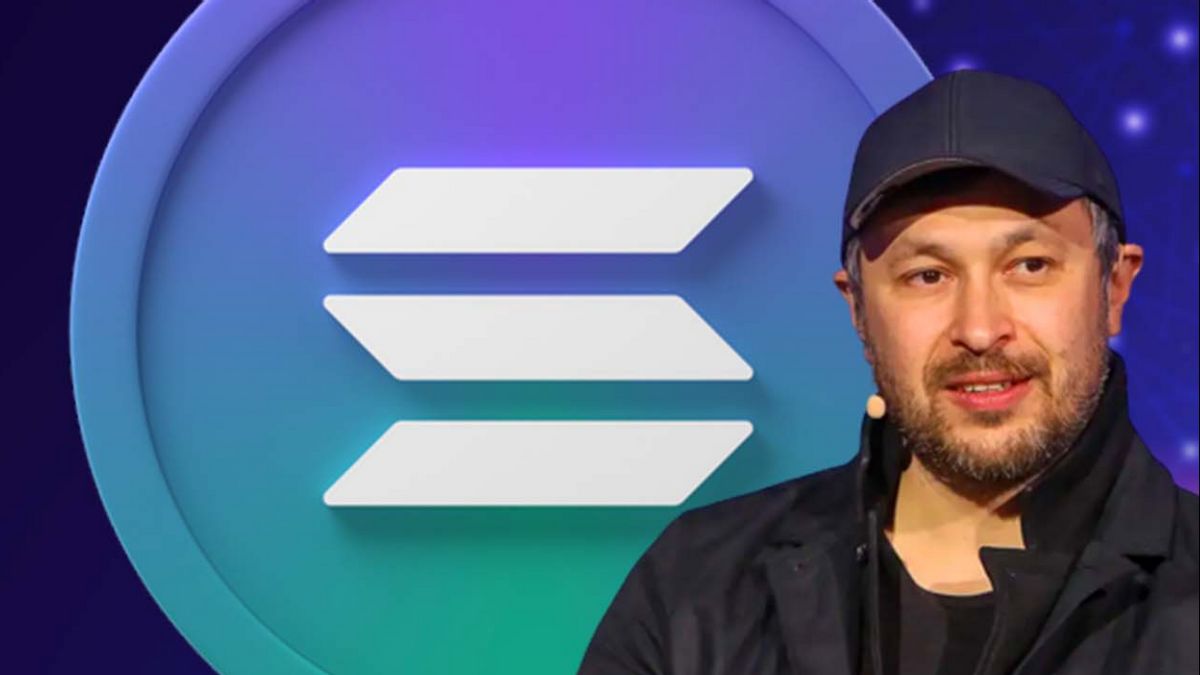JAKARTA Solana (SOL) has experienced significant development since it was first launched in March 2020. A few years earlier, Solana founder Anatoly Yakovenko had already released Solana's whitepaper in 2017.
Yakovenko himself explained the expansion of Solana's project to various other networks. This was reflected last November in Solana's NFT marketplace, Magic Eden, integrated into the Polygon (MATIC) network. This is one of the efforts to expand Solana's project to other networks.
In addition, Magic Eden is also operating on the Ethereum network. At the end of last month, Solana's crypto wallet, Phantom, had added support for Ethereum and Polygon.
A few days ago, the leading NFT projects on the Solana, DeGods and y00ts network also announced similar plans of bridging the Ethereum and Polygon networks. The two NFT projects will implement their plans in 2023.
"Nell unicorns like Magic Eden, Phantom, [and] DeGods will become multichains. It's bitter to watch. It would be great for them to be 100% focused on Solana. But [the reality] is that these projects want to conquer the world. But so do the Solana community! said Yakovenko commenting on the migration of the two NFT projects.
At first glance on Solana
Launching CoinMarketCap, Solana is a highly functional open source project that utilizes the unlicensed nature of blockchain technology to provide decentralized financial solutions (DeFi). While the project's initial idea and work began in 2017, Solana was officially launched in March 2020 by the Solana Foundation headquartered in Geneva, Switzerland.
The Solana protocol is designed to facilitate the creation of decentralized applications (DApp). It aims to increase scalability by introducing proof-of-history (PoH) consensus combined with the underlying proof-of-stake (PoS) consensus blockchain. This hybrid consensus factor makes Solana unique among the rest of the altcoins.
The most important figure behind Solana's development is Anatoly Yakovenko. He started his professional career at the multinational semiconductor company, Qualcomm. In a short time, he was promoted to senior staff engineer manager in 2015. Then, from Qualcomm he began to switch to Dropbox.
In 2017, Yakovenko invited his Qualcomm partner Gregganto work on a project that would later become Solana. However, before that the two first founded Solana Labs, the development team behind the SOL cryptocurrency. In 2020, Solana was successfully launched to the public along with the protocol.
The English, Chinese, Japanese, Arabic, and French versions are automatically generated by the AI. So there may still be inaccuracies in translating, please always see Indonesian as our main language. (system supported by DigitalSiber.id)













